When the nation’s highest court considered its first-ever case involving Rastafari this week, none of the Supreme Court justices or attorneys involved named the minority faith, much less raised its tenets or the sacred importance of dreadlocks.
Still, for devout Rastafarians the landmark legal battle over protecting religious freedom behind bars was a milestone many in the community said highlights a long history of discrimination and alleged lack of accountability.
At the heart of the case is Damon Landor of Louisiana, a self-described devout Rastafarian, who had grown his hair uncut for almost 20 years as part of a promise in his faith known as the Nazarite Vow.
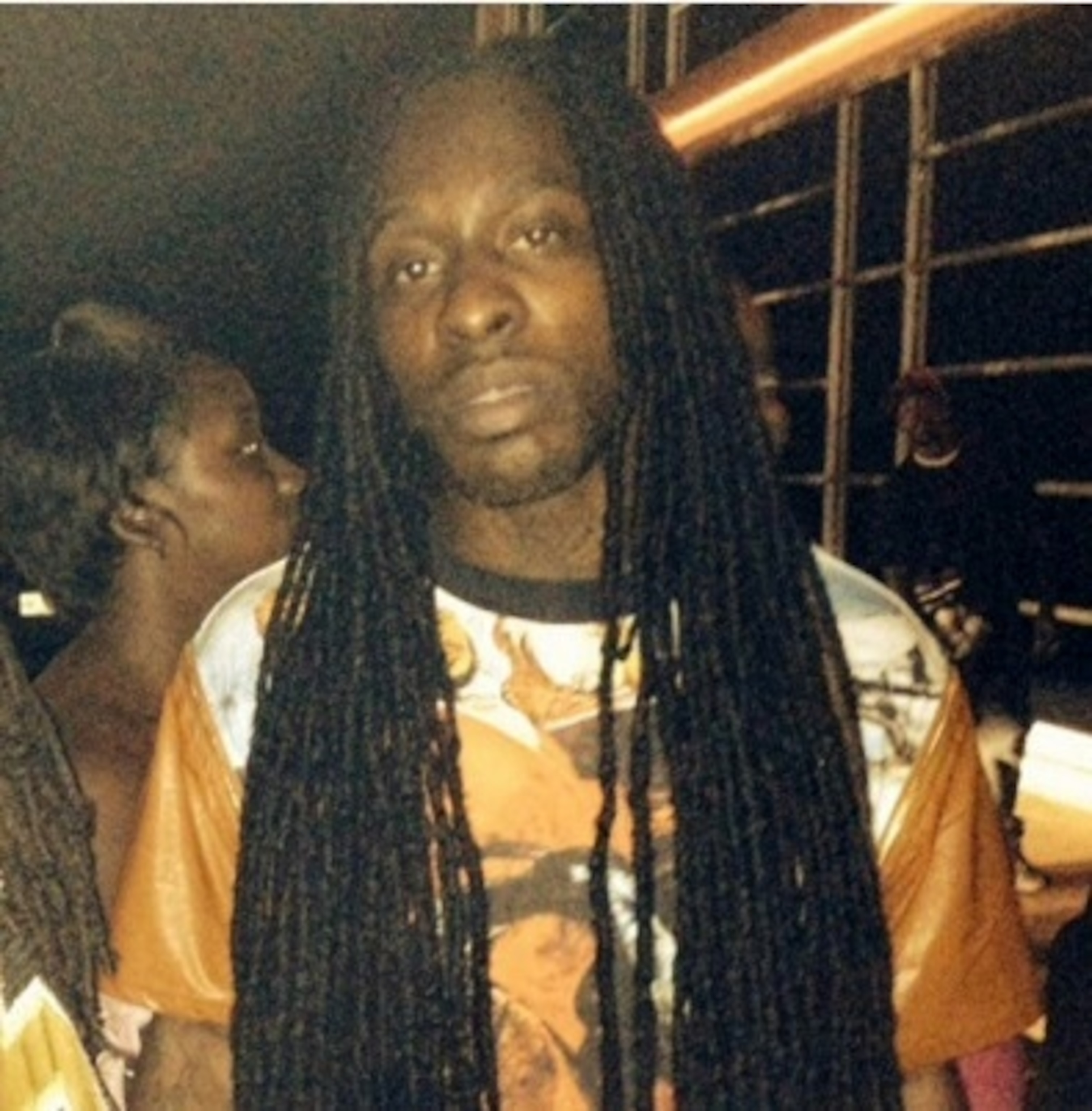
Damon Landor’s dreadlocks had been growing for 20 years when he was incarcerated in a Louisiana state prison for a 5-month sentence for a drug offence.
U.S. Court of Appeals for Fifth Circuit
The Rastafari religion, originating in 1930s Jamaica, recognizes an Ethiopian messiah and teachings of justice, righteousness, and natural living. Dreadlocks are the most physical manifestation of a Rasta’s beliefs.
«It’s like a sacred covenant that the Rasta man made with the almighty,» said Ziah Ayubu, a devout Rastafarian and reggae artist from Silver Spring, Maryland, who is closely following the Landor case. «I see [dreadlocks] as my spiritual antennas.»
When Landor arrived at the Raymond Laborde Correctional Center to serve out the final three weeks of a five-month sentence in 2023, then-Warden Marcus Myers and state corrections officers allegedly handcuffed him to a chair and forcibly shaved him bald.
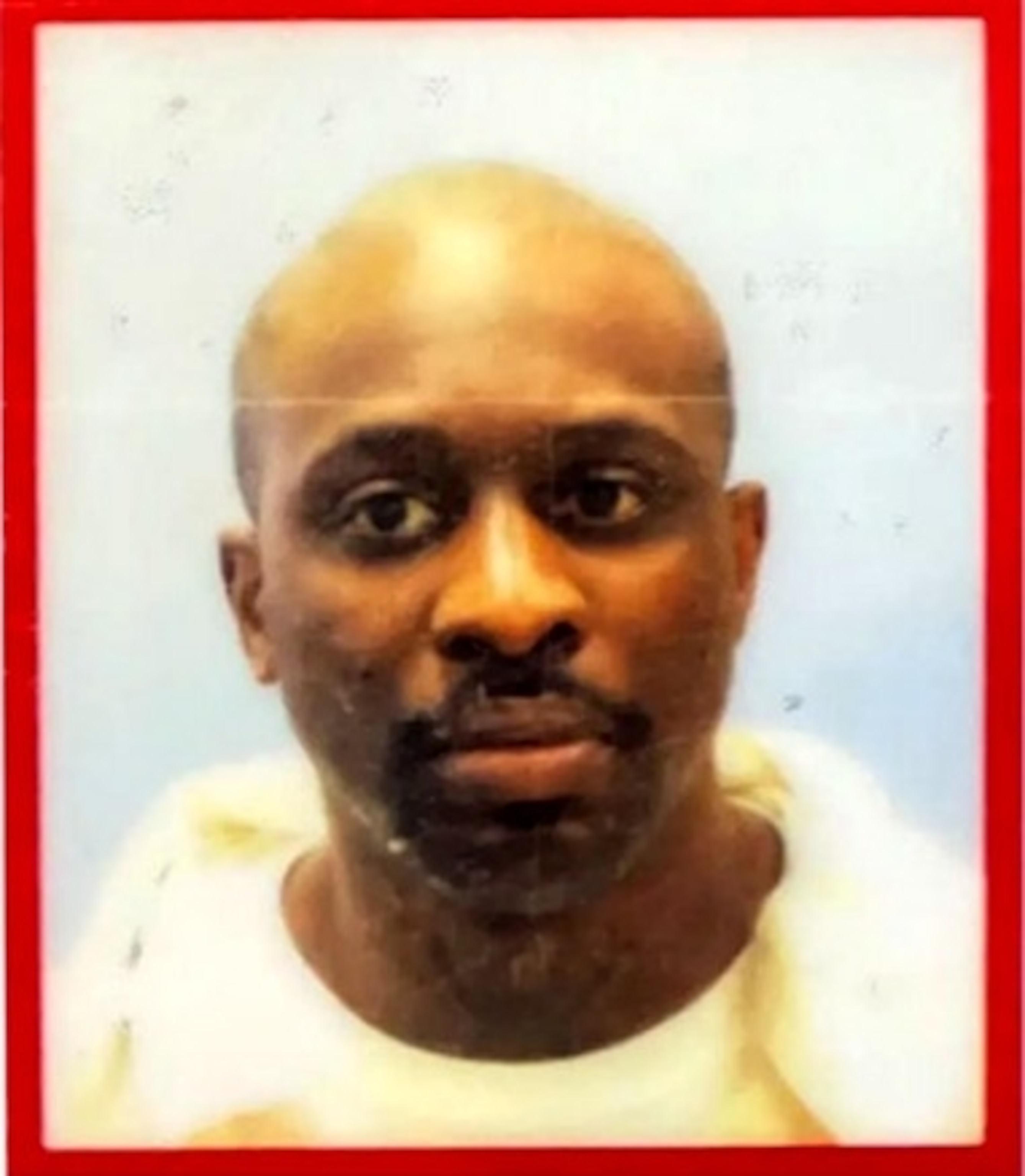
Damon Landor claims Louisiana prison guards forcibly shaved him bald despite his claims of a Rastafarian religious exemption to keep his dreadlocks.
U.S. Court of Appeals for Fifth Circuit
His request for a religious exemption to keep his dreadlocks was flatly dismissed. Landor later tried to sue over an alleged violation of his religious rights, but the damages claims were tossed out by a federal court.
«When I was strapped down and shaved, it felt like I was raped,» Landor said in a statement to ABC. «And the guards, they just didn’t care. They will treat you any kind of way. They knew better than to cut my hair, but they did it anyway. That’s what they do. They were just using their authority.»
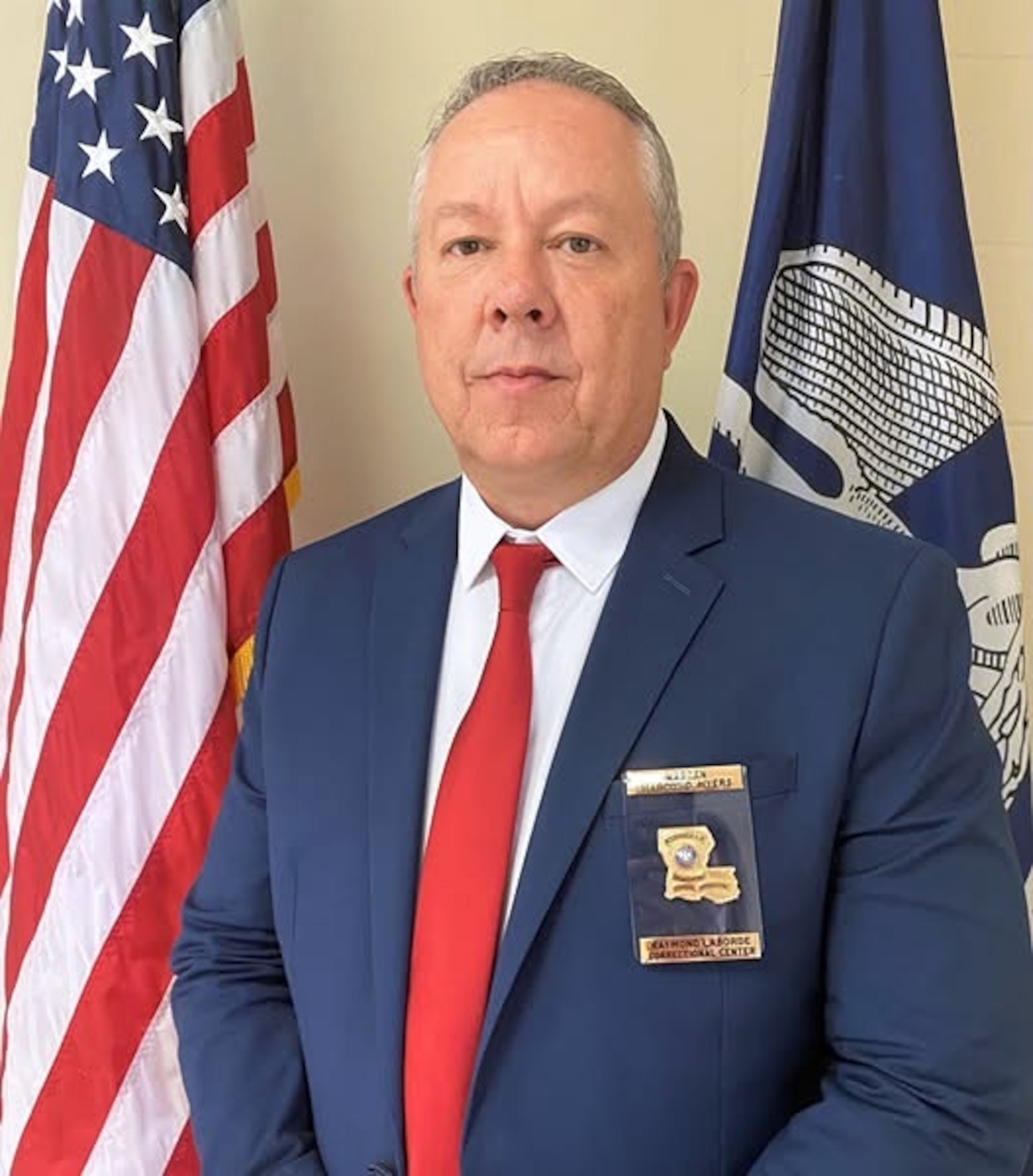
Marcus Myers was warden of the Raymond Laborde Correctional Center when Damon Landor was an inmate.
Louisiana Department of Corrections & Public Safety/Facebook
In 2000, Congress enacted the Religious Land Use and Incarcerated Persons Act to explicitly require states with federally-funded prisons to accommodate sincere religious practice — such as a Rastafarian’s dreadlocks — unless it can prove a «compelling state interest.»
But there has been no legal consensus on whether a prisoner whose rights were allegedly violated under the law can sue individual prison officials for damages in federal court. The U.S. Supreme Court is poised to clarify.
«The law requires prison officials to respect the religious practices of people who are incarcerated. But without damages, the law has no teeth,» said Landor’s attorney, Zach Tripp. «It is a right without a remedy, and prison officials can ignore it with impunity. No damages means no accountability.»
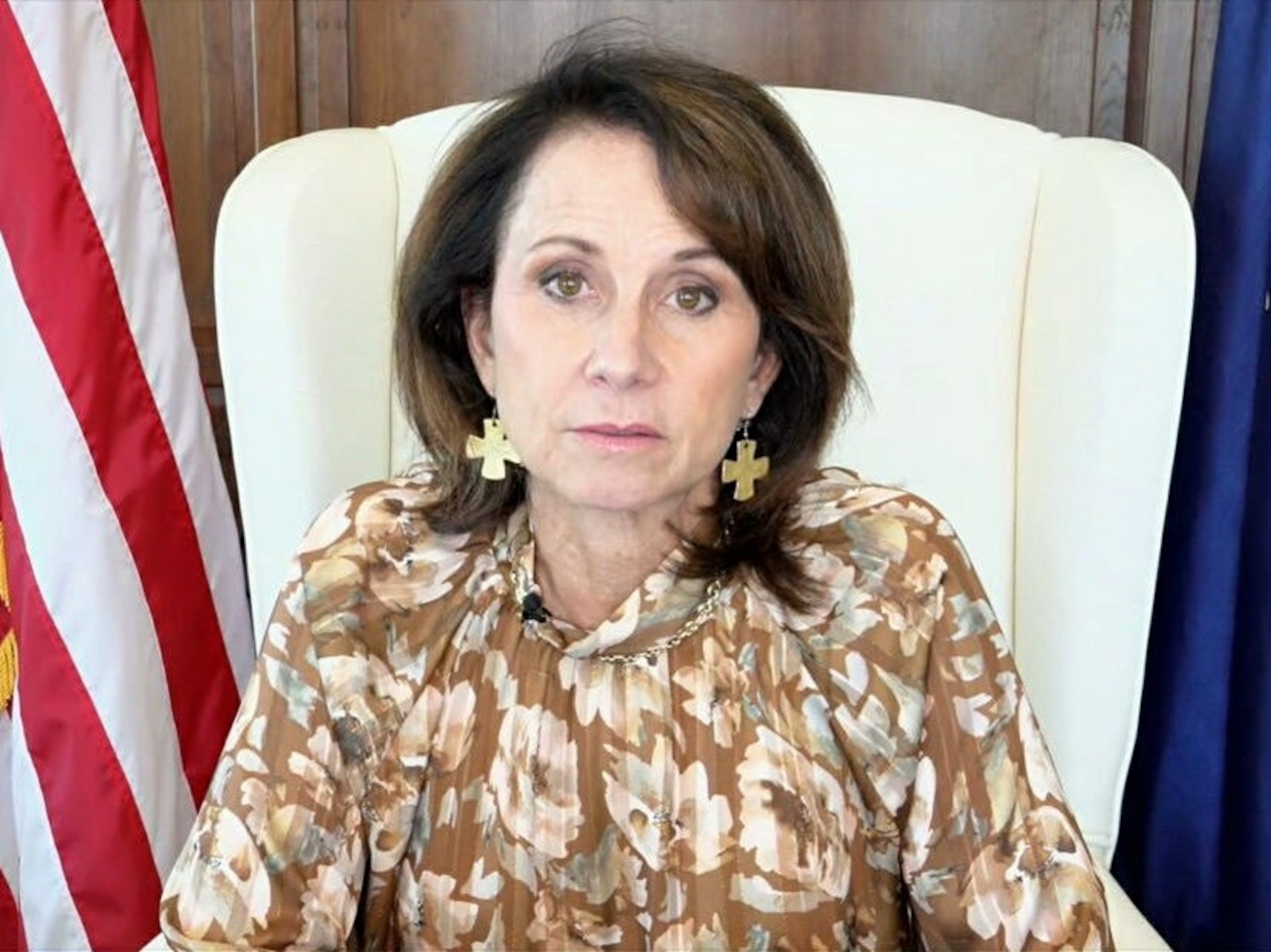
Louisiana Attorney General Liz Murrill argues state prison officials should not be subject to damages lawsuits over alleged violations of the Religious Land Use and Incarcerated Persons Act.
ABC News
Louisiana argues state prison officials have immunity no matter what.
«We support the principles behind protections of religious freedom and the laws that have been enacted both by Congress and our state,» Louisiana Attorney General Liz Murrill told ABC News. «But in a prison setting, this becomes a lot more complicated. It could crush the entire state budget if we were subjected to damages in a situation like this.»
Civil rights advocates and other alleged victims of discrimination against Rastafarians say there is an urgent need for the Supreme Court to give victims of religious discrimination a clear pathway to monetary accountability.
Popular Reads
«I just wish that nobody has to go through what I went through,» said Solomon Tafari, a Virginia man who spent a decade in solitary confinement in state prison because he refused to cut his dreadlocks. The state’s inmate grooming policy offered no exceptions for Rastafarians.
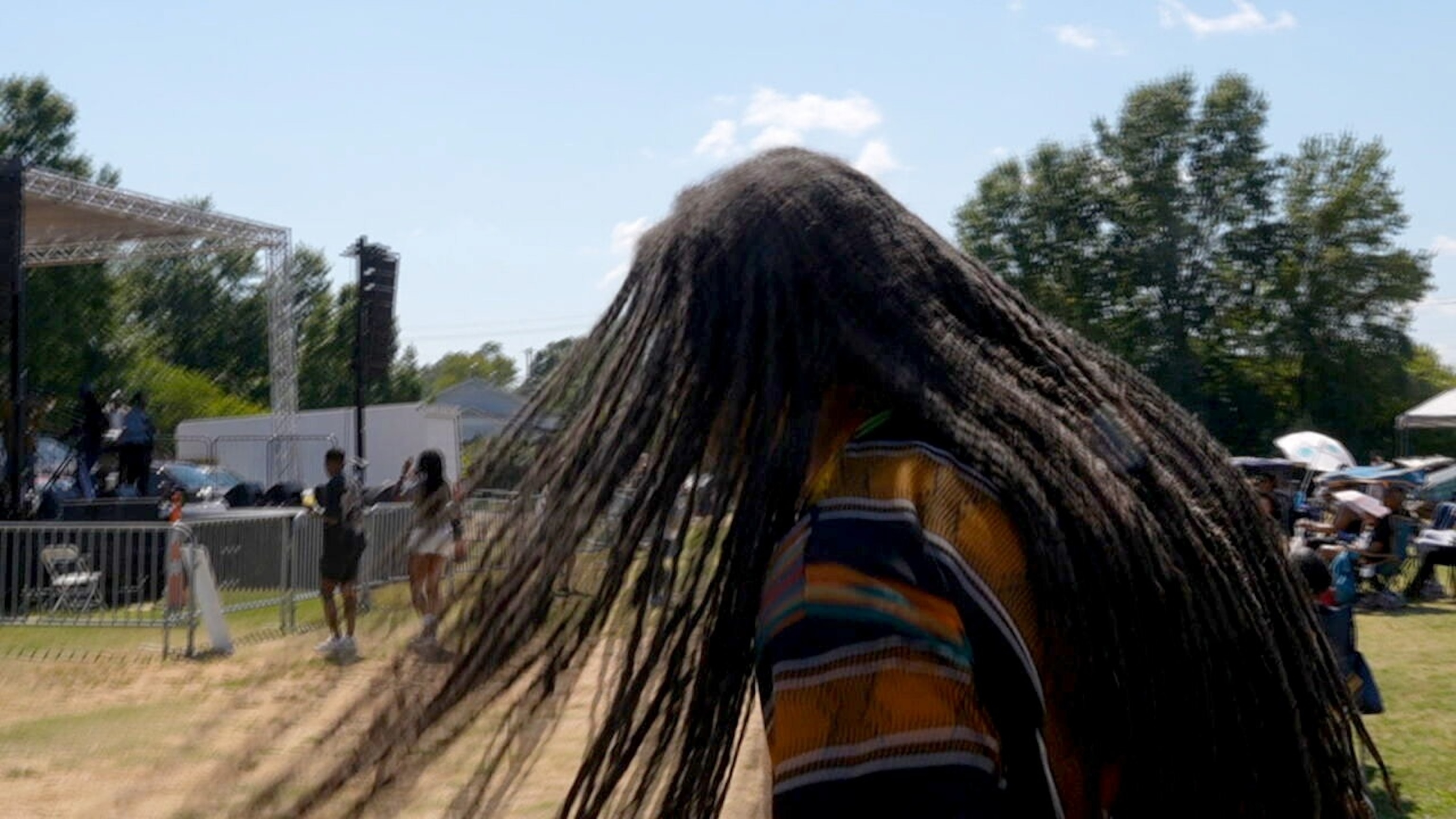
Dreadlocks are considered a physical manifestation of a devout Rastafarian’s commitment to god.
ABC News
«Being in isolation, you get out maybe two or three times a week. They place you in a dog cage and call that recreation,» Tafari told ABC News.
Tafari, who was released in 2014, tried to sue for damages under federal law, but got nowhere.
«There were times when I was in deep depression, thought about committing suicide, that aspect was there as well. But it’s my faith that kept me going,» he said.
In 2018, Thomas Walker, a Rastafarian in an Illinois state prison, was forced to cut his dreadlocks for what officials claimed were security reasons. The same thing happened to Carlos Thurman in Kentucky in 2022, despite his plea for a Rastafarian exemption. The state later changed its policy and settled the case.
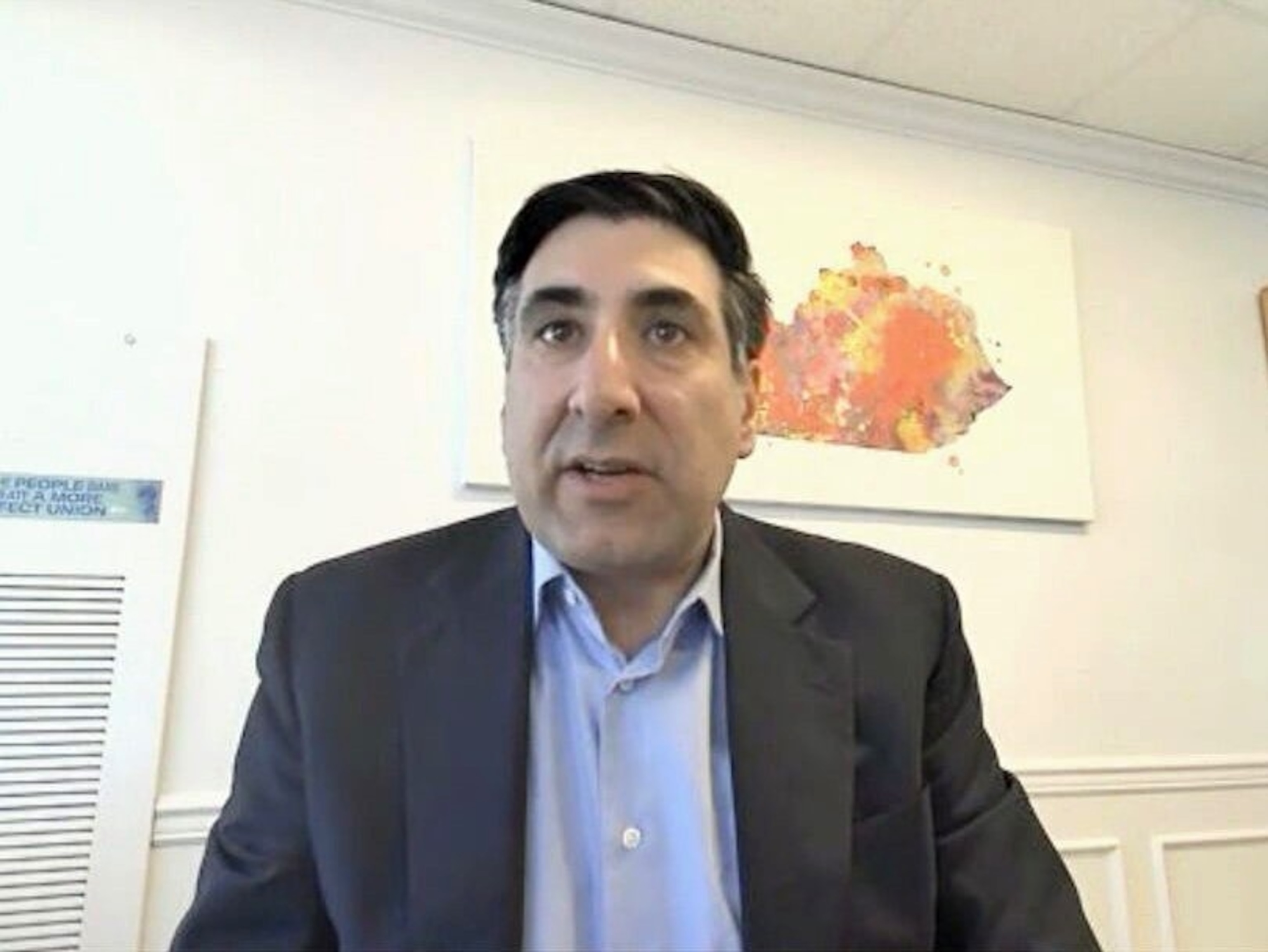
Corey Shapiro, legal director for the ACLU of Kentucky, sued state corrections officials in 2022 for alleged violations of religious freedom after the forcible cutting of a Rastafarian inmate’s dreadlocks.
ABC News
«Justice is making you whole to some extent in the form of compensatory damages and in the form of money,» said Thurman’s attorney Corey Shapiro, the legal director at ACLU of Kentucky. «Money also serves as a deterrent, right? Like the Department of Corrections may think twice if they know they are going to have to pay somebody money.»
Nearly 600 grievances related to multiple forms of religious practice were filed in selected federal prisons between 2017 and 2023, according to a 2025 report from the U.S. Commission on Civil Rights. But only one of those resulted in a favorable outcome for the prisoner — what advocates say is further evidence of limited respect for religious freedom behind bars.
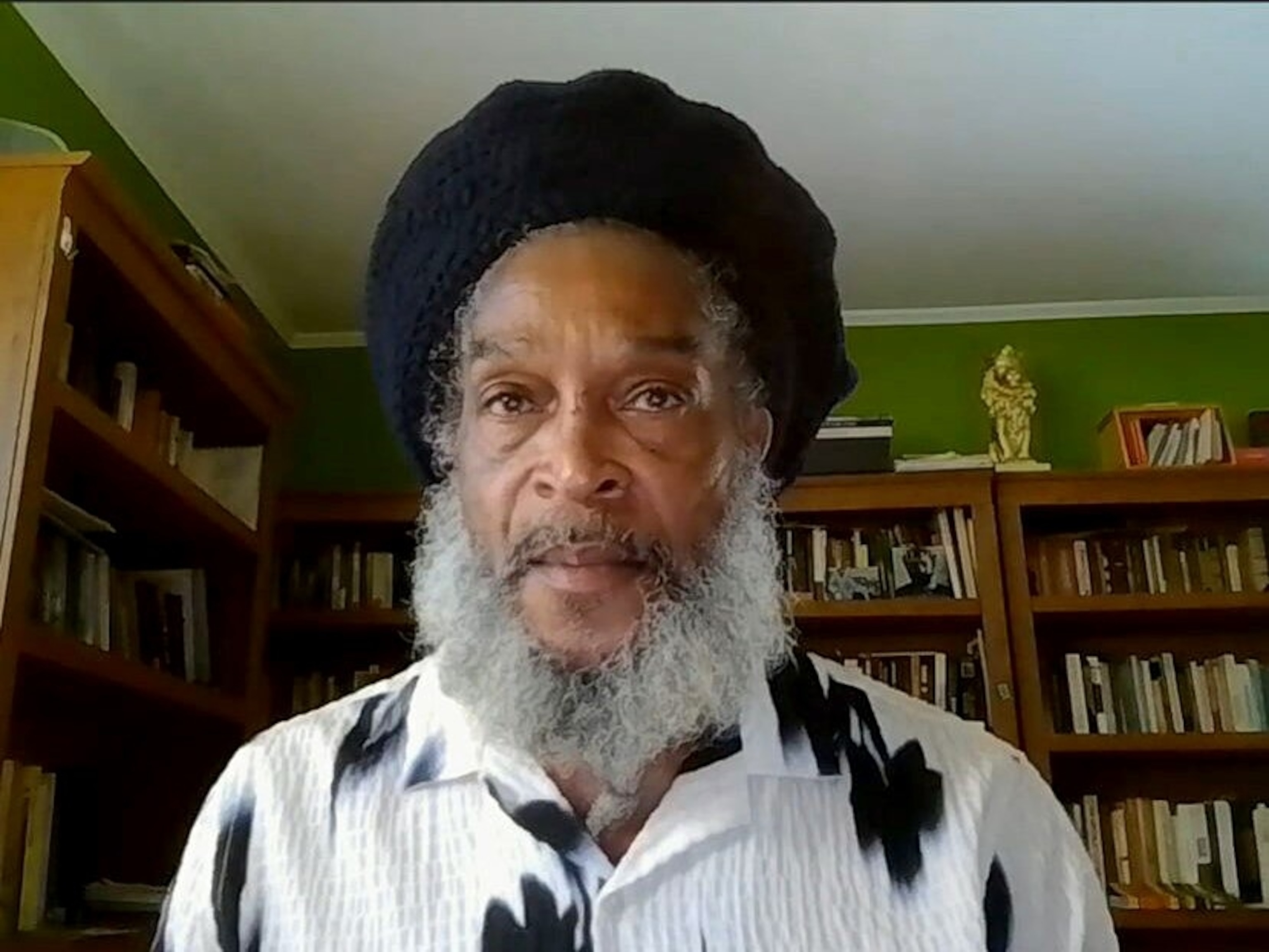
Charles Price, a professor of anthropology at the University of North Carolina, specializes in Rastafarian history and culture.
ABC News
There is no monetary sum that can undo the harm done by forcibly shaving someone’s head of dreadlocks,» said Charles Price, a Rastafarian scholar at the University of North Carolina. «But at the same time, what are the kinds of things that the system does to recognize its wrongs? One of the things that it does to recognize wrongs is to pay reparations or pay damages.»
Ayubu and members of his band, Proverbs, are praying the Supreme Court case will help change the way Rastafarians and their sacred hair are viewed by society.
«Growing up in the 70s and 80s, you know, if they put you in jail, you could guarantee that they’re going to cut your locks off,» he said. «This is 2025, I thought all of that was over and done.»
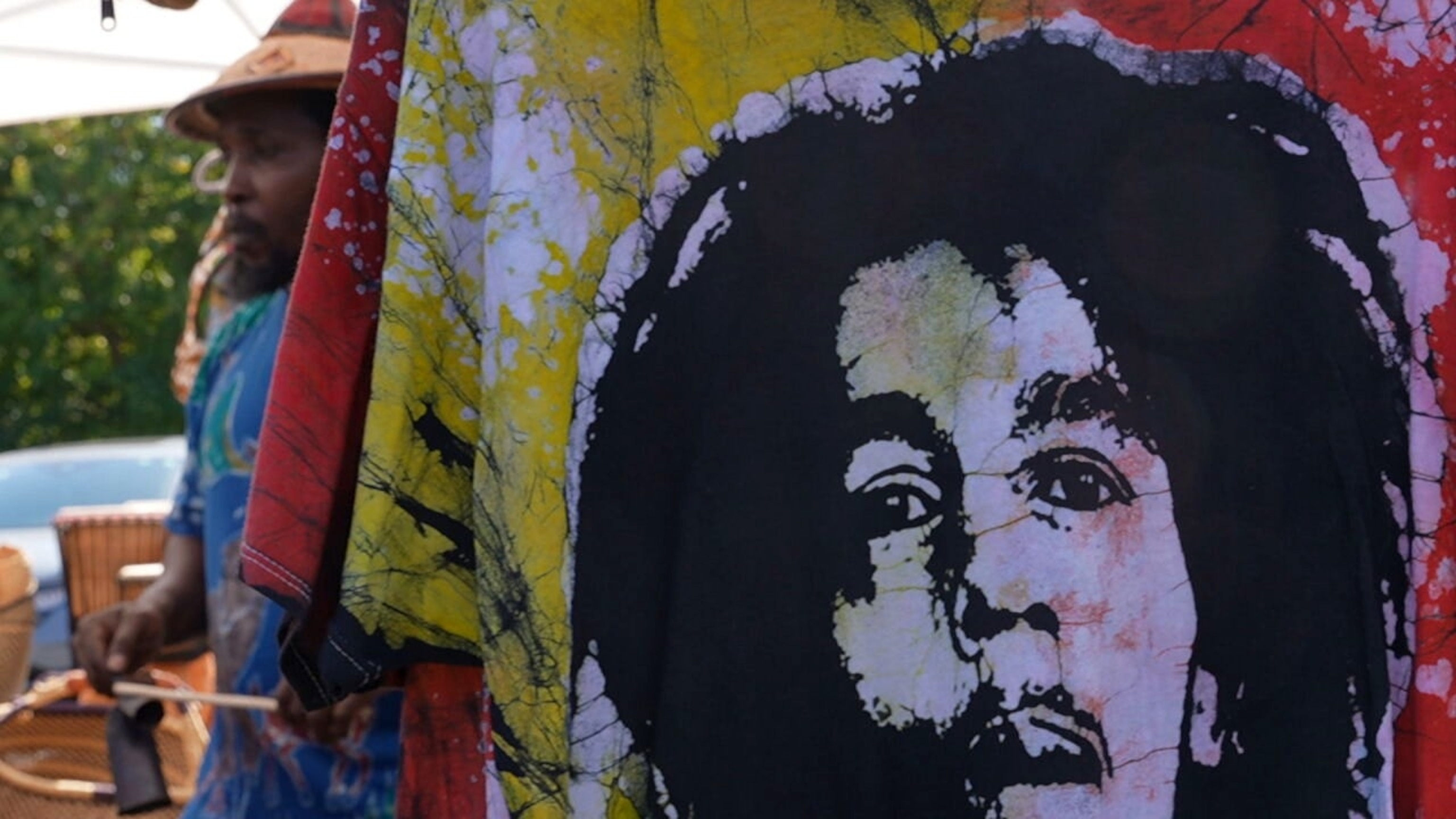
Reggae artist Bob Marley helped Rastafarian beliefs and culture go mainstream in the 1970s.
ABC News
He said the community of believers, estimated to total several hundred thousand in the U.S., are hoping the justices will deliver a change.
«We’re still here, we’re still working, still loving each other and living together,» Ayubu said.
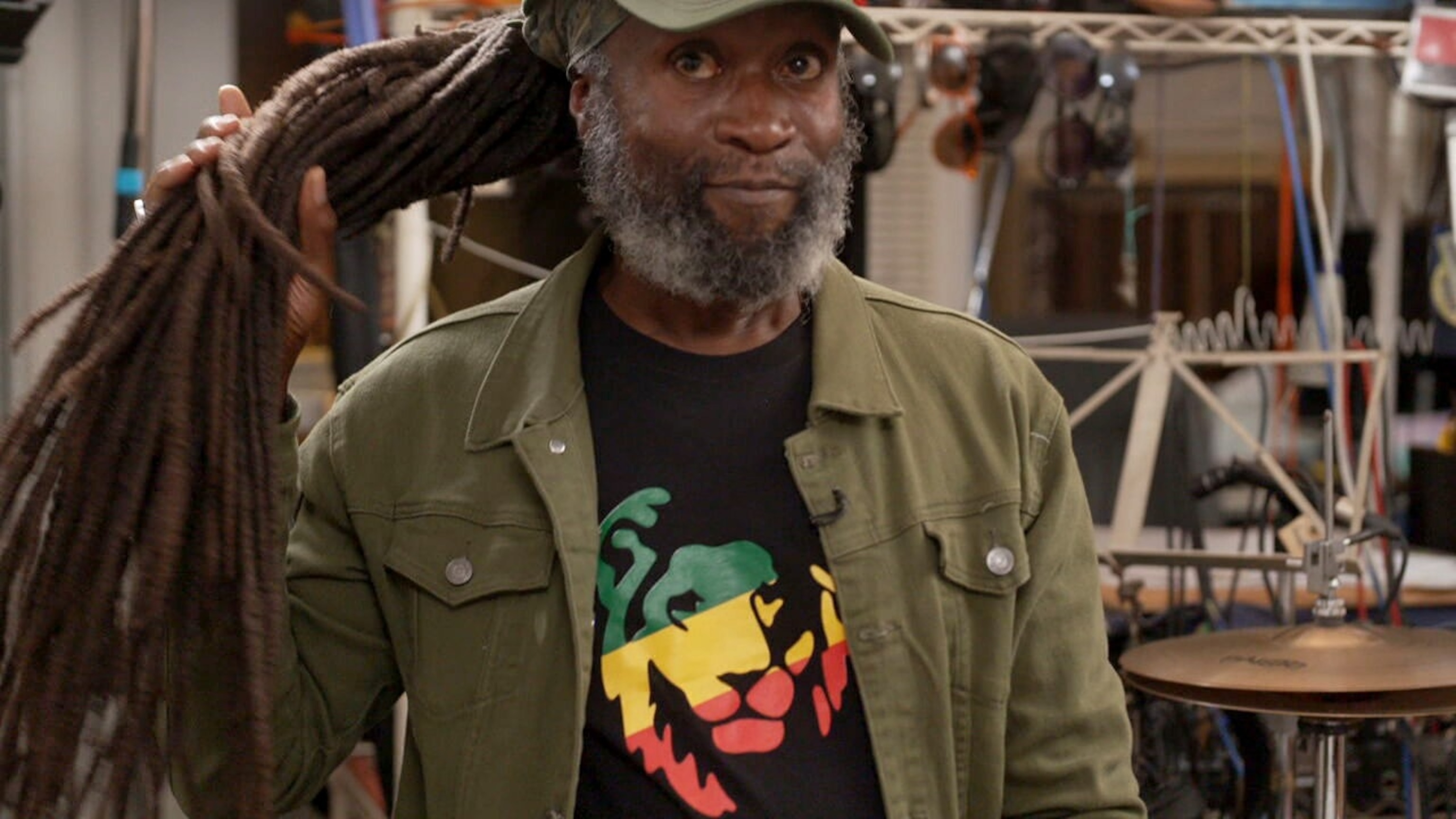
Ziah Ayubu of Silver Spring, Md., is a devout Rastafarian and founder of the reggae band Proverbs.
ABC News
The high court is expected to decide whether federal law allows individual damages suits against prison officers for alleged religious rights violations by the end of June 2026.





